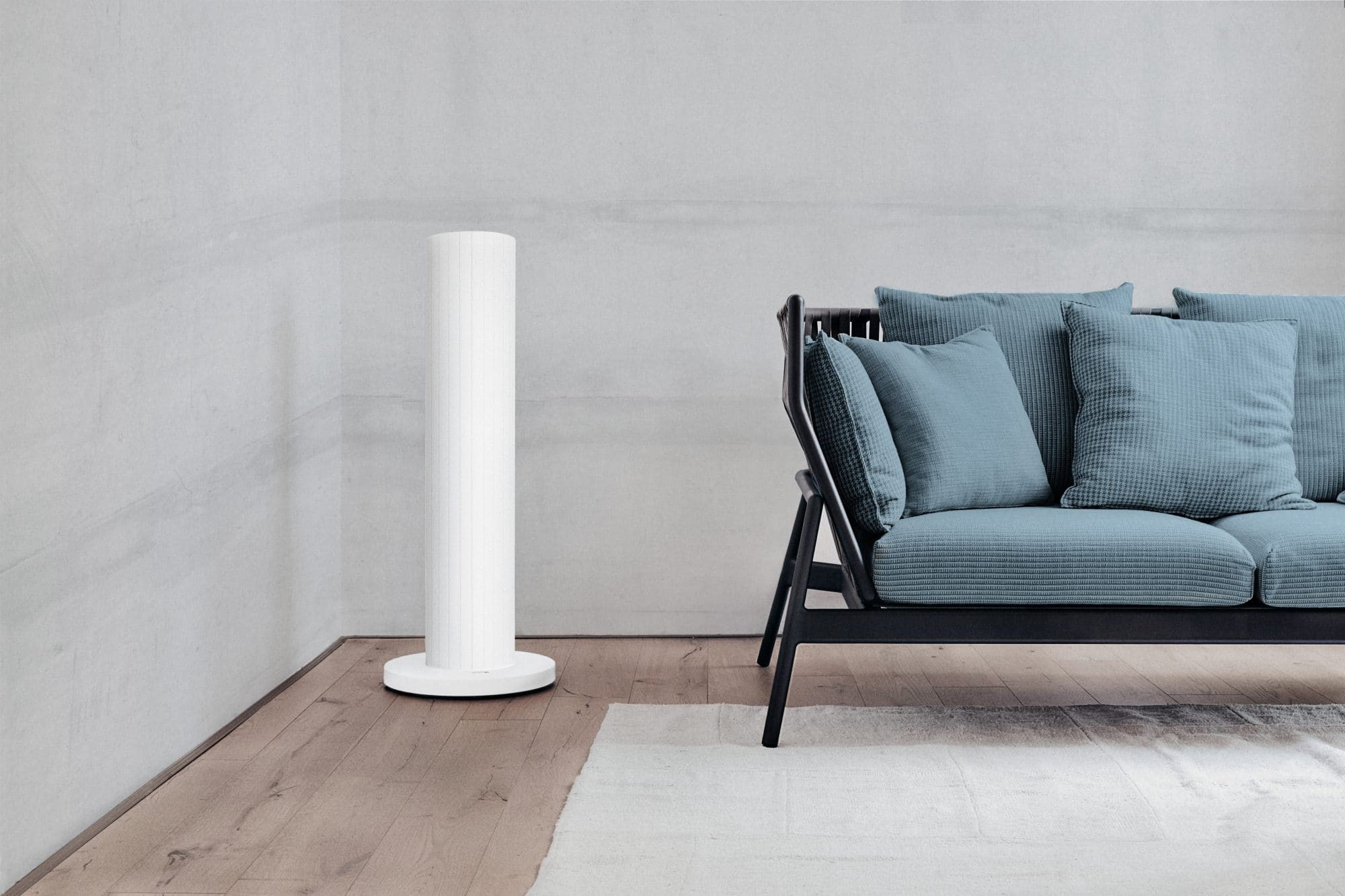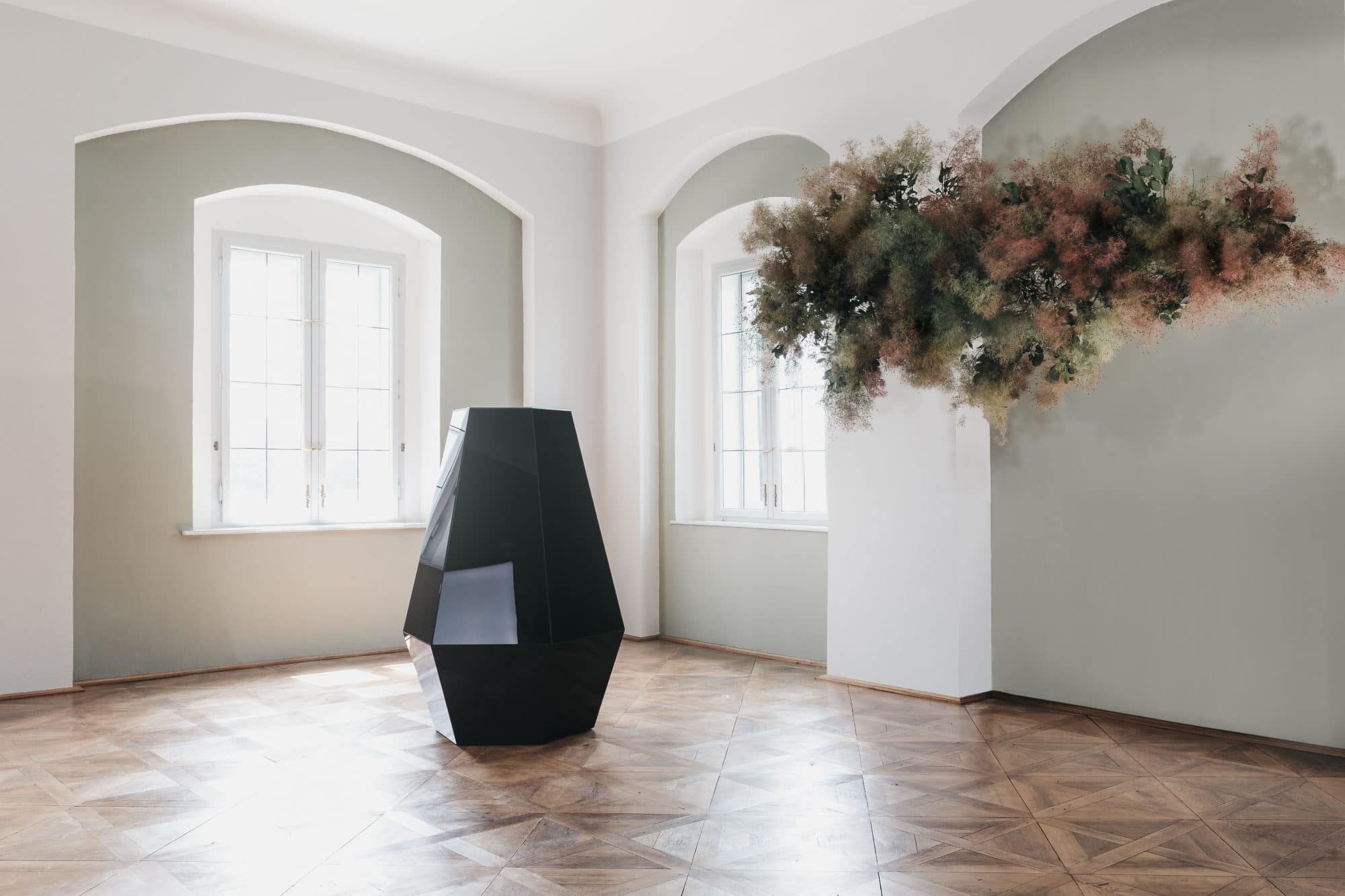Wirkprinzip der Infrarotheizung
Infrarotheizung: Erwärmt die Mauern
Der Unterschied zwischen Infrarotheizung und Konvektionsheizung liegt in der Luft. Wesentlich ist, dass die Infrarotheizung keine Luft, sondern feste Körper erwärmt. Somit kommt es zu keiner Luftumwälzung und eine Staubaufwirbelung wird dadurch vermieden.
Eine Mischung aus Funktionalität und Design

Herkömmliche Heizungen sind von gestern, weil...
- Feuchte Luft kondensiert an den Wänden, bildet Schimmel und zerstört das Mauerwerk
- Zirkulierende Raumluft wirbelt Staub auf
- Temperaturunterschiede im Raum fördern Luftzug
Energie- und leistungseffiziente Wärme

Gesundheitliche Vorteile von warmen Mauern
Kältere Atemluft ist weitaus gesünder als wärmere – denken Sie nur an einen erholsamen Winterspaziergang!
Bei „dicker Luft“ müssen Sie öfter lüften und das impliziert auch einen Energieverlust – wortwörtlich geht hier nicht nur das Geld, sondern auch die Wärme beim Fenster raus. Bei Infrarotwärme ist das nicht der Fall, da hier die Mauern statt der Luft erwärmt werden. Außerdem kann warme Luft, die an einer kalten Wand (-ecke) kondensiert, gesundheitsschädliche Schimmelbildung zur Folge haben.

Die Vorteile der Redwell Infrorotheizung
Vorteile der Redwell Infrarotheizung
- Gegenstände und Mauern bleiben trocken und geben Wärme ab
- Infrarotwärme wirkt positiv auf den Menschen
- Günstig in der Anschaffung und energiesparend im Betrieb

Funktionale Eleganz

Physiologische Vorteile der Infrarotheizung
- Mit der Erwärmung des Raumes, Inventars und des menschlichen Körpers wird ein Wärmespeicher geschaffen
- Energie kann länger gespeichert werden – großes Energiesparpotential!
- Ist die gewünschte Temperatur erreicht, schaltet sich das Heizelement aus, bis der Speicher wieder aufgefüllt werden muss
Infrarotheizung ist Strahlungswärme – dadurch gibt es keine Luftumwälzung und Staubaufwirbelung. Die Lufttemperatur bleibt kühler ist als die Wandtemperatur und das ist aus gesundheitlicher Sicht ein großer Vorteil.
Aus der Vorlage von Herrn Prof. Dr.-Ing. habil. Claus Mei

